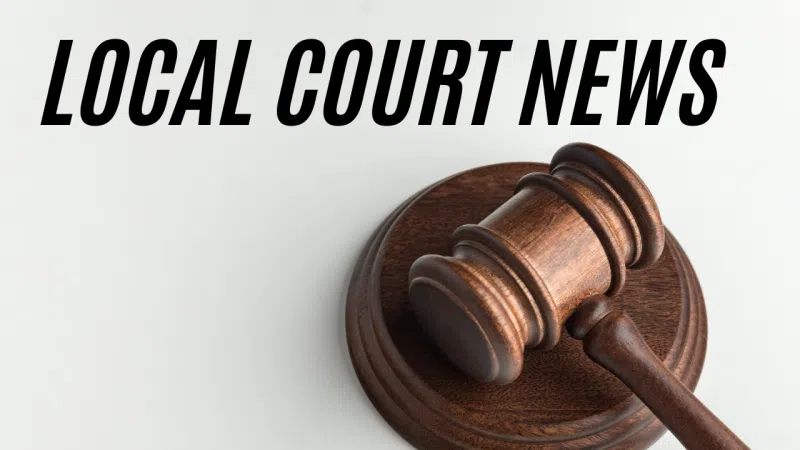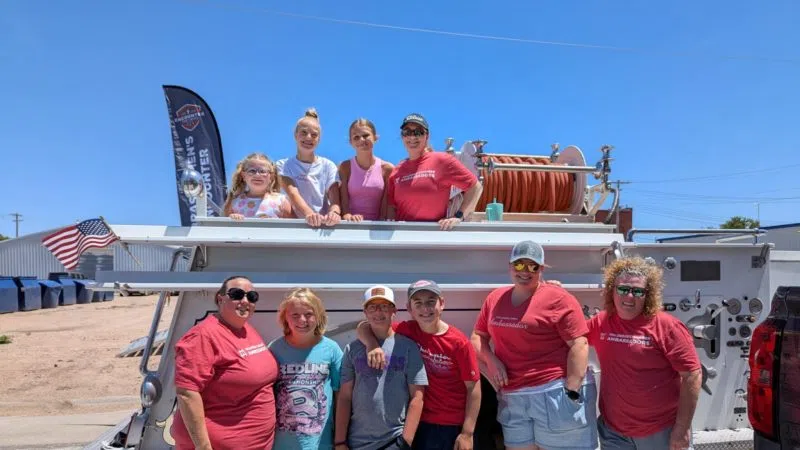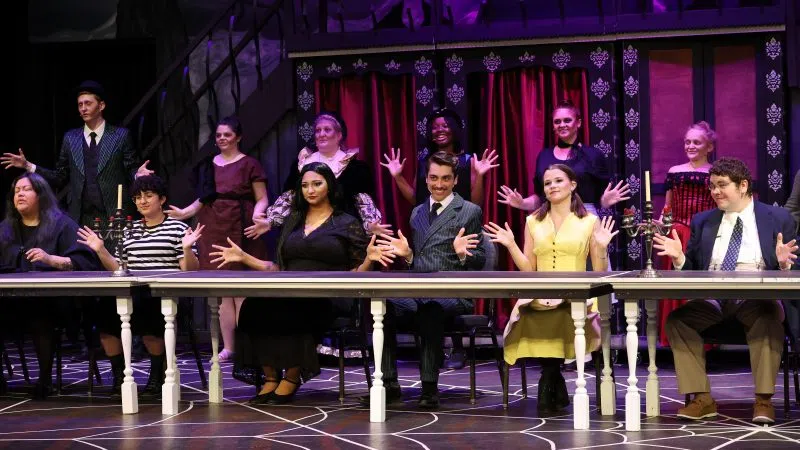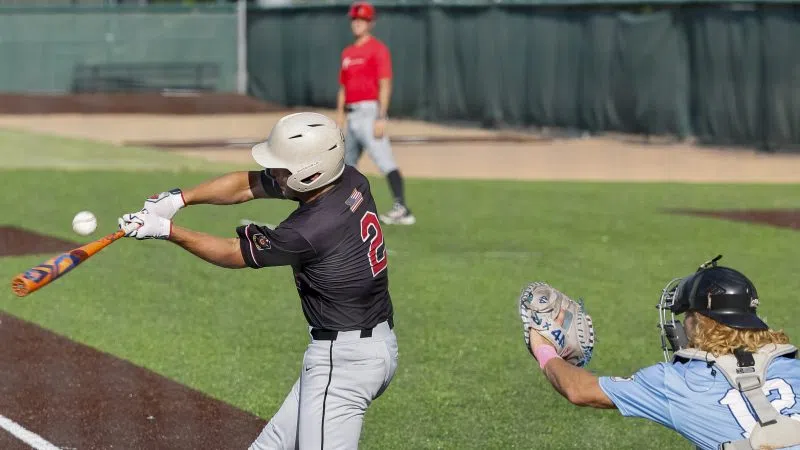
Kesu01 / Depositphotos.com
GRAND ISLAND – The Nebraska Supreme Court has affirmed a Hall County Court decision where a 13-year-old was ordered to pay $2,553.05 restitution for shoving another youth, causing him to fall and fracture his arm.
The local case was heard before Hall County Judge Arthur Wetzel. Sidnea Brown, Deputy Hall County Juvenile Public Defender, represented the defendant. Anna Brokaw and Garrett Schroeder of the Hall County Attorney’s Office prosecuted the case. The Supreme Court decision was filed May 24.
The defendant entered a plea agreement as a juvenile where he agreed to pay medical expenses of $2,553.05 over a one-year period, but the defendant disputed his ability to pay that amount. The youth was placed on one year pf probation, with payment of restitution as part of the probation.
The youth was among five children in his family. His mother worked day shifts Monday through Friday, and his father worked overnight shifts Thursdays through Sundays, according to the Supreme Court opinion. The defendant’s oldest brother was responsible for taking the younger siblings to work in the morning and also worked overnight shifts.
The defendant’s mother said that her son did not have a driver’s license. Even if he did, the family did not have a vehicle he could use.
The defendant arrived at school at 7 a.m. and got home at 3:30 p.m. Monday through Friday. He participates in wrestling and football. He said on weekends he would “go out with friends. Hang out with my friends.”
A juvenile probation officer who is familiar with work opportunities for 14-year-old juveniles during the summer and school year testified about what opportunities were available. Odd jobs such as shoveling snow, mowing laws, and picking up yard waste were available. Also, several fast-foot restaurants were willing to hire 14-year-olds. Those restaurants paid juveniles $10.50 per hour and were increasing pay to $12 per hour in 2024. The probation officer was also familiar with detasseling opportunities. She said that two local crews hired juveniles, and one would pick up detasselers at a local middle school and transport them to and from the fields.
The defendant’s attorney argued that he didn’t have time to work because he was planning to be involved in wrestling.
Judge Wetzel “emphasized the importance of (the defendant) taking personal responsibility for the consequences of his actions,” the Supreme Court opinion said. “I just think it’s extremely important for the victim to feel like the system worked for them, and I think it’s extremely important for you to make amends for the harm that you did.”
Judge Wetzel said he was giving the youth a year to pay restitution because of his involvement in sports.
The defendant contended that the juvenile court erred in ordering him to pay restitution because it “failed to properly consider (his) age, ability to pay, his family’s other obligations, and his current employment status.” He argued that finding transportation to and from work would be difficult because he did not have a driver’s license and his parents had busy work schedules.
The prosecution noted that the defendant appears to have “ample transportation and time available for sports and other extra-curricular activities but not work.”
The Supreme Court wrote that “ample employment opportunities exist for 14-year-old juveniles in the Grand Island area that would allow (the defendant) to earn at least $12 an hour working part-time after school, on weekends, and over the summer.” The court added, “We think he underestimates his ability to arrange his own transportation.”
The Supreme Court noted that under Nebraska law, “parents can be held strictly liable for medical expenses resulting from personal injury willfully and intentionally inflicted by their minor child.” So paying restitution allowed the defendant to take personal responsibility for his actions and also possibly reduce his parents’ exposure for such damages.
The Supreme Court wrote, “We conclude that requiring him to pay restitution to his victim furthers his reformation and rehabilitation and provides him an opportunity to take direct responsibility for his actions.” The Supreme Court felt that the defendant could pay the amount within his 12-month probation period.
The Supreme Court also rejected the defendant’s claim that he was not allowed to present or cross-examine witnesses on the issue of restitution.
The Supreme Court “disproves (the defendant’s claim) that he was denied a fair opportunity to present evidence during the restitution hearing.”














